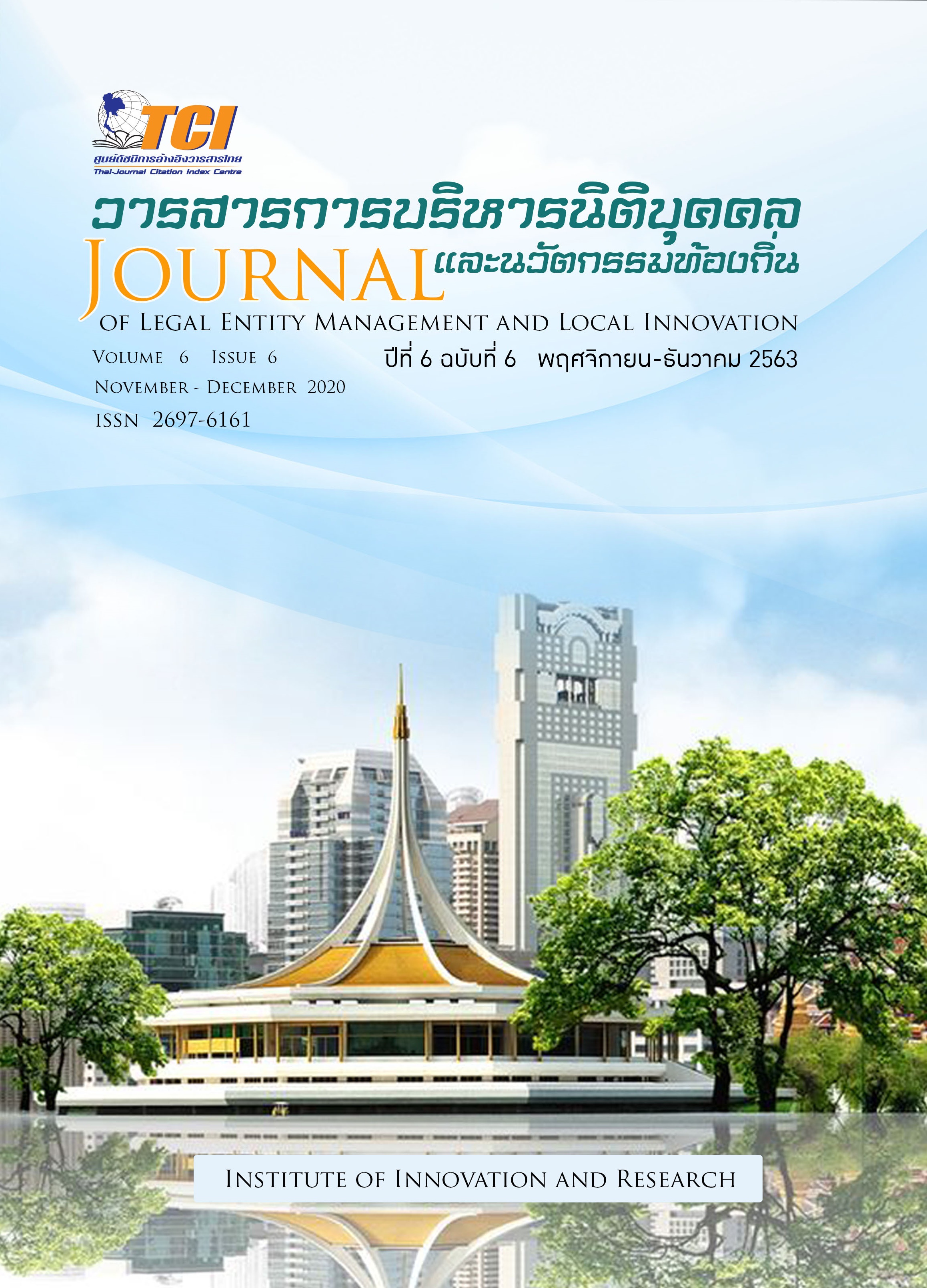The Impact of Migrant Workers in Surin Province
Keywords:
Impact, Management, The migrant workersAbstract
The purposes of this research aimed to: 1) study the states of migrant worker management in Surin Province; 2) study the impact of migrant workers in Surin Province and; 3) propose guidelines for the migrant worker management in Surin Province. A qualitative and quantitative research has been used. The key informants were 45 interviewees from 2 groups: entrepreneurs and employees, and government officials. The sample group of 142 respondents were entrepreneurs and personnel, representatives of agencies, and representatives of the community. Interviews, questionnaires and group discussion were used as the research tools. Qualitative data was analyzed through content analysis while the quantitative data was analyzed through the computer program. The statistics used for data analysis were number, percentage, mean and standard deviation. The research results were revealed as follows: 1. Overall, management of foreign workers of entrepreneurs in Surin province, the average was at a high level (= 4.14) and all aspects were at a high level too. The highest aspect was planning (= 4.34); followed by recruitment and selection of worker aspect (= 4.26), foreign labor registration aspect (= 4.20), welfare, benefits and incentives aspect (= 4.20), training and teaching aspect (= 4.15), compensation or wages aspect (= 4.12), performance evaluation aspect (= 3.82), and termination of migrant worker aspect (= 3.75) respectively. 2. The impact of migrant workers in Surin province which based on the opinions of the respondents, was found that, overall, the average was at a high level (= 3.88). When considered individually, it was found that public health and environment aspect (= 4.09) were at the highest; followed by economic aspect (= 3.93), security aspect (= 3.92), and socio-cultural aspects (= 3.58) respectively. 3. Guidelines for migrant worker management in Surin province was concluded that the government should develop a database system and use it together, strict law enforcement, improve the memorandum of agreement on employment of workers to suit the area, screen of migrant workers from country of origin, review public health and environmental policies, develop a one-stop service center, create a working network and promote clearly cognition. While the entrepreneurs should study the rules and procedures related to the migrant workers. The principles of human resource management should be applied. It should be planned to adopt labor-saving machinery or technology in the future to reduce dependence on migrant workers. The community networks to monitor migrant workplaces should be made. It should be organized activities to enhance relationships. The migrant workers must comply with the law, learn and follow the community rules. The organization of migrant workers should be provided. It should be coordinated with neighboring countries to find a common solution and increased more cooperation at border level as well.


